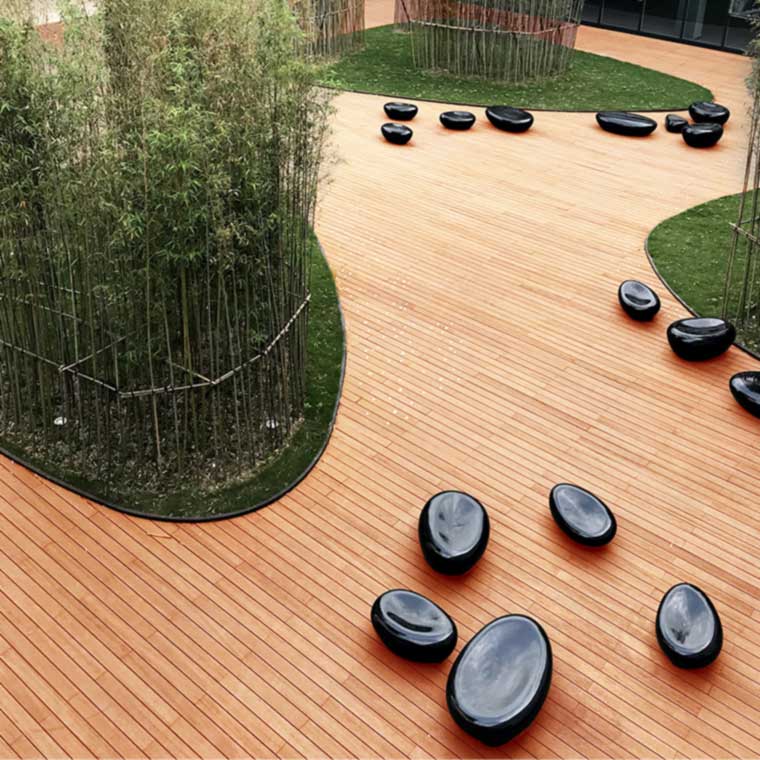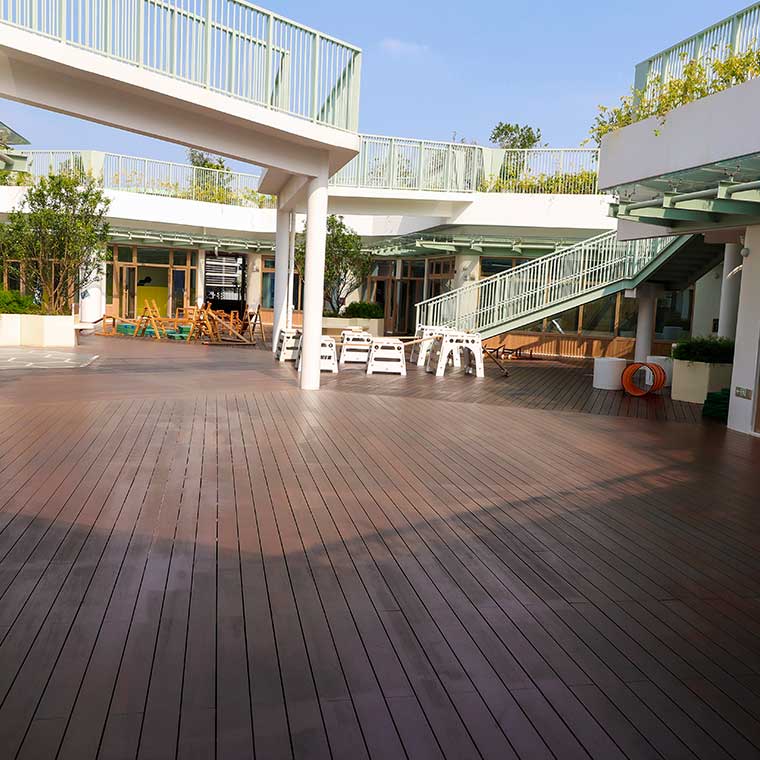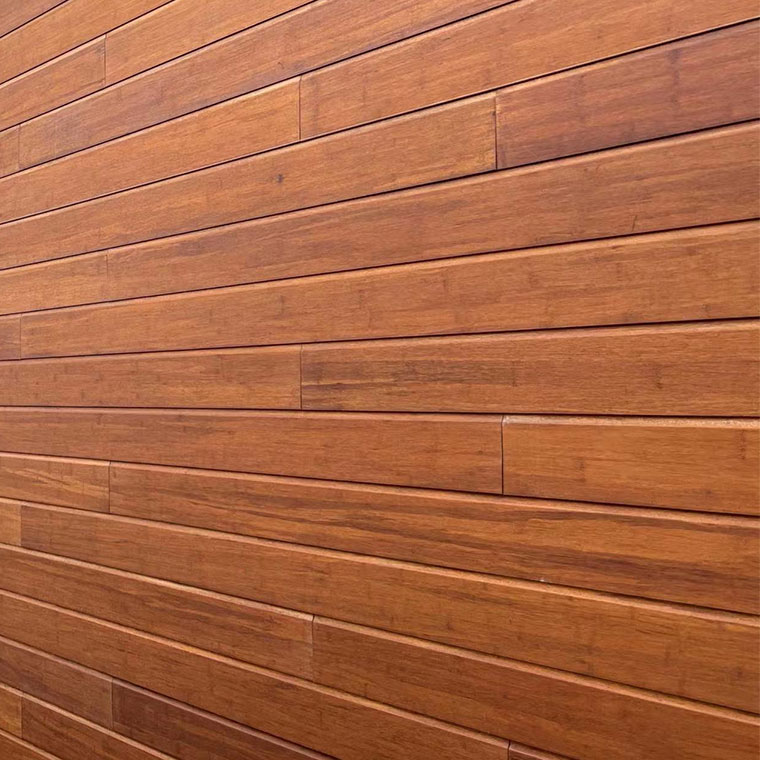The environmental performance of bamboo decking flooring is reflected in the following aspects:
1. Renewable resources:
The main raw material of bamboo flooring board is bamboo, which is a fast-growing renewable resource, it can be harvested in 4 to 6 years. This makes bamboo flooring sustainable in terms of raw material acquisition and reduces dependence on and damage to forest resources.
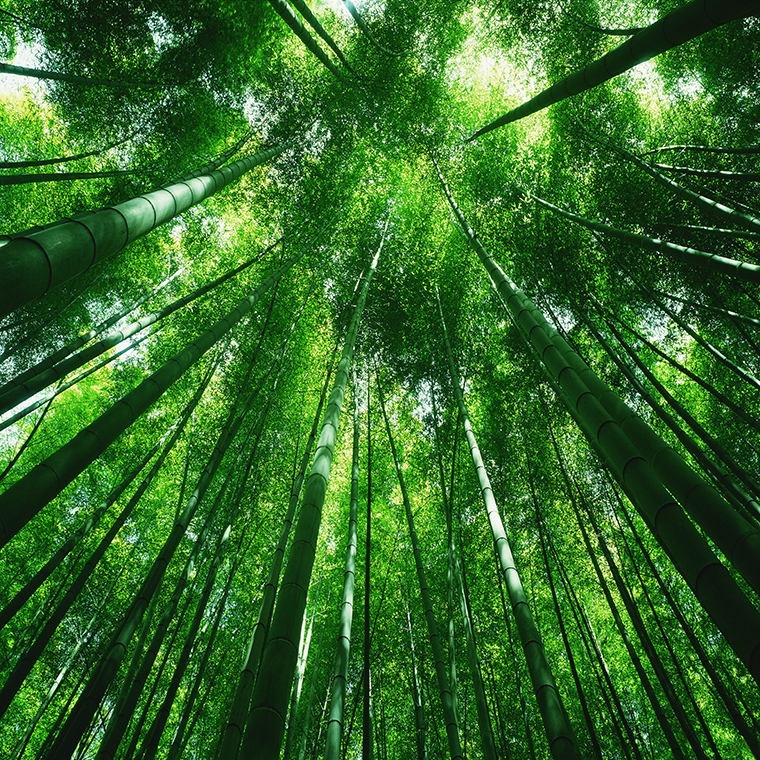
2. Low carbon and environmental protection:
Bamboo can absorb a large amount of carbon dioxide during its growth, which helps to reduce the content of greenhouse gases in the atmosphere. In addition, no fungicide is added during the production process of bamboo flooring, which further reduces the impact on the environment.
3. Low formaldehyde emission of bamboo flooring boards:
The formaldehyde emission of strand woven bamboo decking is controlled below 0.05mg/m3, which meets the requirements of European and American green standards and is a green and environmentally friendly product.
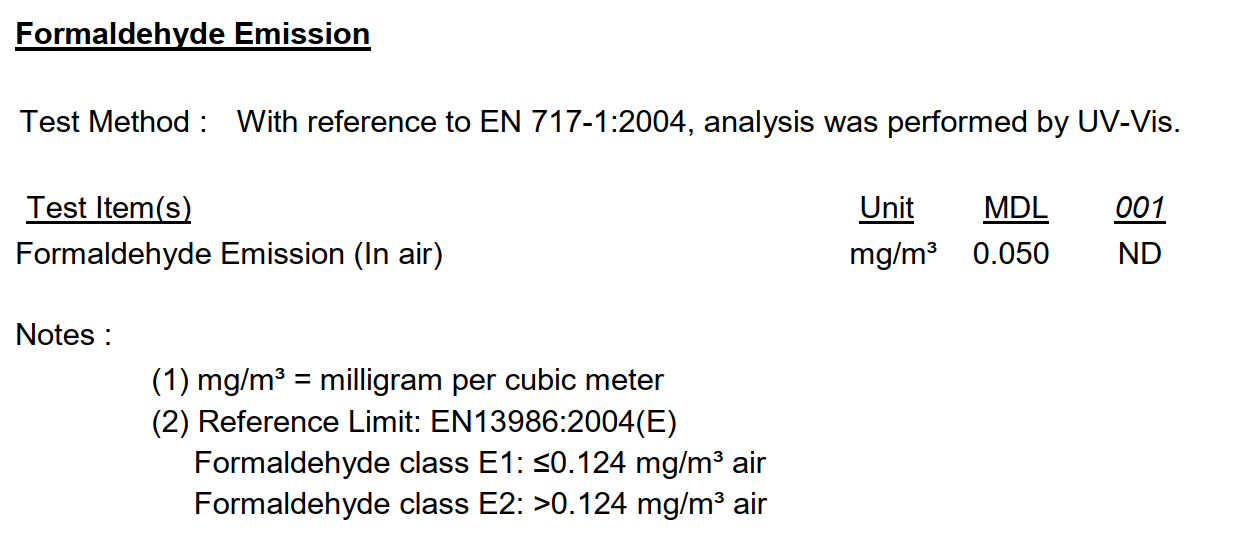
4. No chemical treatment required on the production processes:
During the manufacturing process, strand woven bamboo flooring usually does not require the use of a large amount of chemicals, reducing pollution to the environment. Therefore Bamboo decking flooring is an environmentally friendly product in the markets and is becoming more and more popular. Many homeowners, designers and architects prefer to use bamboo decking to decor the buildings.
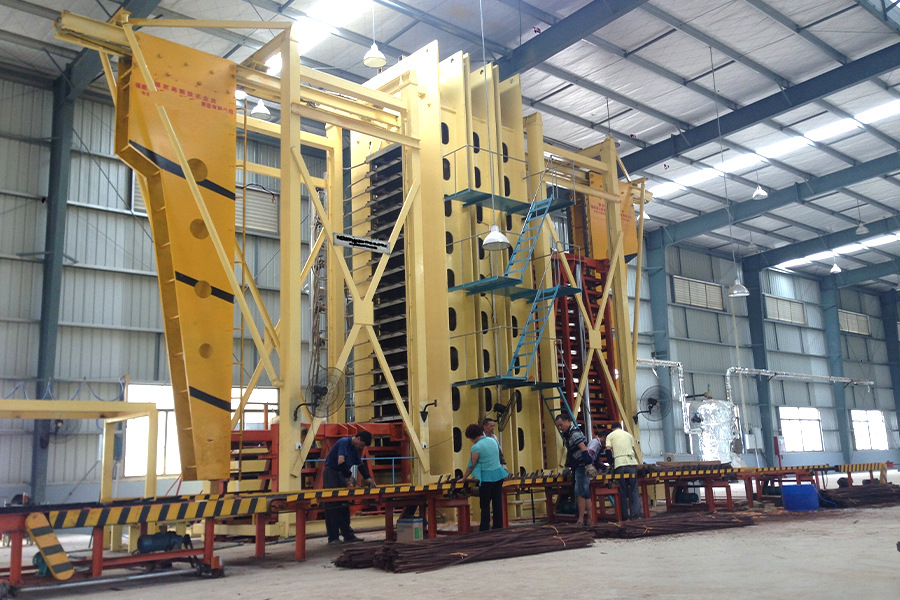
5. Environmental certification:
Many bamboo decking products will pass environmental certification, such as FSC (Forest Stewardship Council) certification and E1 level certification, which indicates that the bamboo flooring meets certain environmental standards and has less impact on the environment and human health.
6. Reduce resource consumption:
Because bamboo decking flooring has good wear resistance and corrosion resistance, it has a long service life under regular maintenance, which reduces the consumption of resources.

7. Natural degradation:
Bamboo decking flooring products can degrade quickly under natural conditions after use and disposal, without secondary pollution, and have important environmental value.
8. Promote bamboo forest growth:
Reasonable bamboo felling not only does not damage the ecology, but is also conducive to the regeneration of bamboo forests, promotes the expansion of bamboo forest area and the increase of bamboo production, thus giving full play to the powerful ecological function of bamboo forests.

Welcome to contact us for more information of our bamboo products.


